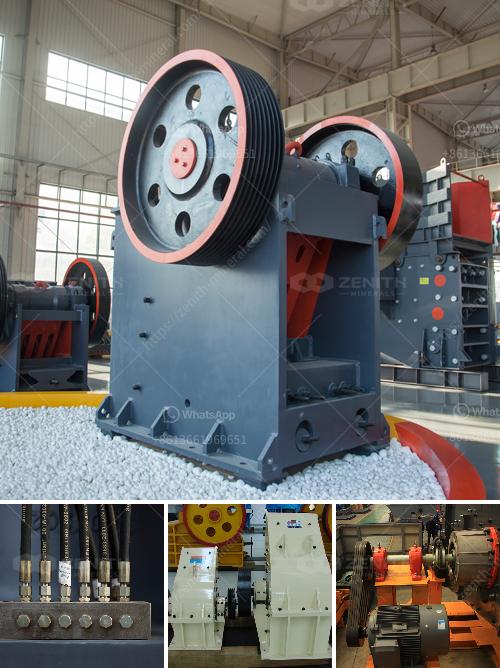Choosing the right crusher for limestone involves several considerations to ensure that you get the best performance and efficiency. Here's a guide on how to choose the ideal crusher:
-
Material Characteristics:
- Hardness: Limestone is relatively soft compared to other stones, so a high-impact crusher rather than a compression crusher is usually preferable.
- Moisture Content: High moisture content can cause clogging. Make sure the crusher handles moisture well.
-
Type of Crusher:
- Jaw Crusher: Suitable for primary crushing. It can handle large pieces and is appropriate if you need to break down the material into smaller pieces before further processing.
- Impact Crusher: Often used for secondary crushing, providing a high reduction ratio and producing a more uniform shape. Good for softer stones like limestone.
- Cone Crusher: While more commonly used for harder stones, cone crushers can also work well for limestone in certain applications.
- Hammer Crusher: Especially suitable for producing fine and medium granules. It offers good grain shape and high crushing efficiency.
-
Production Requirements:
- Capacity: Consider how much material you need to process per hour. Choose a crusher that can meet your production requirements.
- Output Size: Ensure the crusher can produce the desired output size for your process.
-
Work Environment:
- Space Restrictions: Make sure the crusher fits into your site.
- Energy Efficiency: Check the power consumption and ensure it fits within your budget and environmental considerations.
-
Maintenance and Durability:
- Ease of Maintenance: Crushers that are easy to maintain and have readily available parts can save on downtime and costs over time.
- Durability: Look for a crusher known for durability and long life to minimize replacement and repair costs.
-
Cost:
- Initial Cost: Consider your budget for purchasing the crusher.
- Operating Costs: Evaluate the long-term costs, including power consumption, maintenance, and parts replacement.
-
Manufacturer's Reputation:
- Opt for crushers from reputable manufacturers that offer good warranties and after-sales service. Review customer feedback and performance reports.
Select a crusher that balances these factors effectively according to your specific needs and conditions. Consulting with a specialist or manufacturer can also provide more tailored advice based on your project's requirements.

